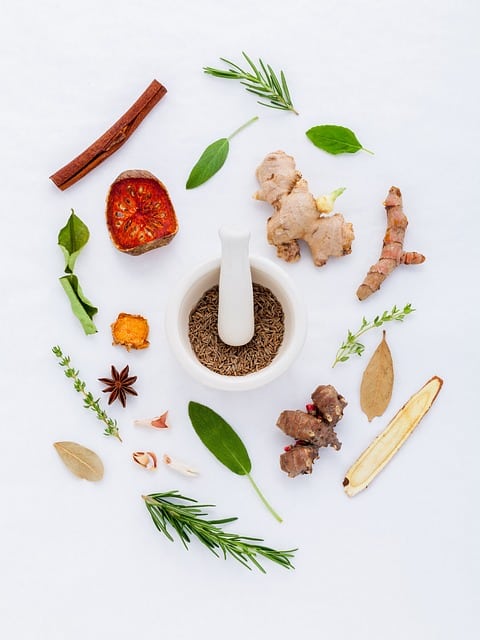Spices tend to come in several forms that you can choose from. You can choose whole spices or spices that have been ground up into powder form. You can also choose them fresh or dried in some cases. The question is, what is the difference between each and how do you choose what is best?
Each form of spice comes with its own unique set of benefits and disadvantages. Some spices are simply better purchased in one form for ease of use, too.
Let’s take a closer look at each form and what benefits and considerations you should be aware of in each case.
Whole vs Ground Spices
Whole spices are whole seeds or dried leaves that have not been ground into a powder. These spices are typically more flavorful and aromatic than their ground counterparts, as the essential oils that provide the flavor and aroma are better preserved when the spice is whole.
Ground spices, on the other hand, are spices that have been ground into a fine powder. Ground spices are easier to use in cooking, as they can be easily measured and mixed into recipes.
However, ground spices can quickly lose their flavor and aroma, as the essential oils are exposed to air and light, causing them to degrade.
Whole spices
Benefits of Whole Spices:
- Last longer (up to 3 years) and have a stronger flavor and aroma compared to ground spices
- Can be crushed or ground as needed to release flavor and aroma
Spices that are best purchased whole and ground yourself include peppercorns, cumin, coriander, cardamom, mustard seeds and fenugreek seeds. Click here to find out how.
Disadvantages of Whole Spices:
- Can be difficult to measure and incorporate into recipes
- May require additional preparation time, such as toasting or grinding
Ground spices
Benefits of Ground Spices:
- Easy to measure and incorporate into recipes
- Save preparation time as they do not require grinding or toasting
Spices that are best purchased already ground include cinnamon, nutmeg, star anise, fennel seeds, cloves and mace. Click here to see why this is the case.
Disadvantages of Ground Spices:
- Quickly lose flavor and aroma
- Can be less flavorful and aromatic than whole spices
Fresh vs Dried Spices
Fresh spices are spices that have been recently harvested and have not been dried. These spices are typically more flavorful and aromatic than their dried counterparts, as the essential oils that provide the flavor and aroma are still present.
Dried spices are spices that have been harvested and then dried to preserve their flavor and aroma. Dried spices are more convenient to use in cooking, as they can be easily stored and do not spoil as quickly as fresh spices. However, dried spices can be less flavorful and aromatic than fresh spices, as the essential oils are lost during the drying process.
Fresh spices
Benefits of Fresh Spices:
- Stronger flavor and aroma compared to dried spices
- More versatile, as they can be used raw or cooked
Disadvantages of Fresh Spices:
- Short shelf life, as they can quickly spoil
- May not be available year-round
Dried spices
Benefits of Dried Spices:
- Convenient to store and use
- Long shelf life, up to 2 years
Disadvantages of Dried Spices:
- Can be less flavorful and aromatic than fresh spices
- May require additional preparation time, such as toasting or grinding
Summary
In conclusion, the choice between whole, ground, fresh, and dried spices will depend on personal preference, cooking needs, and availability.
Some spices – particularly ones that are in hard seed form – are easier to buy already ground in powder form. Others can be easily ground yourself and are often tastier and more flavorful when you grind them yourself.
Whole spices offer the most flavor and aroma, but require additional preparation time.
Ground spices are convenient to use, but can quickly lose their flavor and aroma.
Fresh spices offer the strongest flavor and aroma, but have a short shelf life.
Dried spices are convenient to store and use, but can be less flavorful and aromatic than fresh spices.

